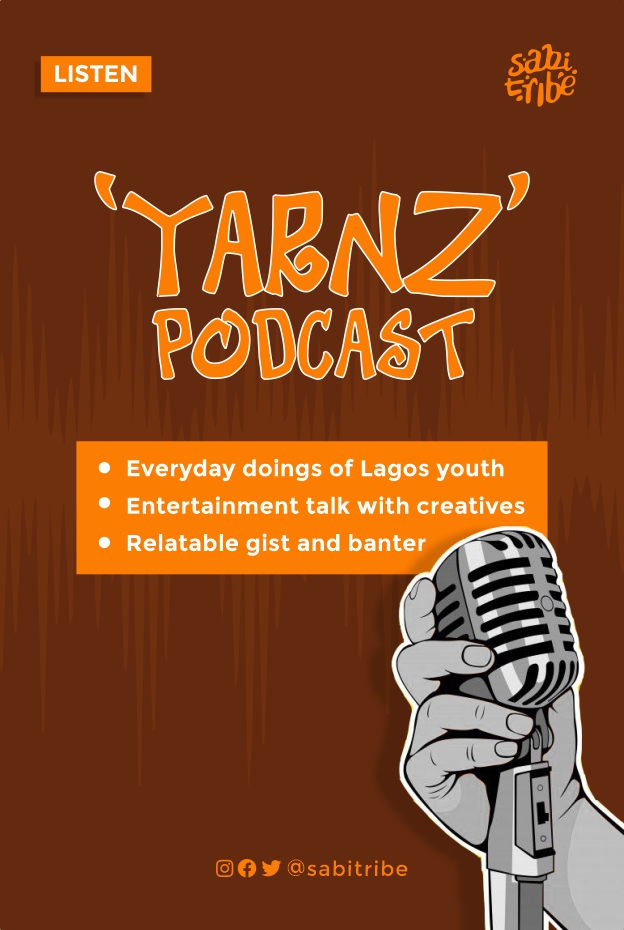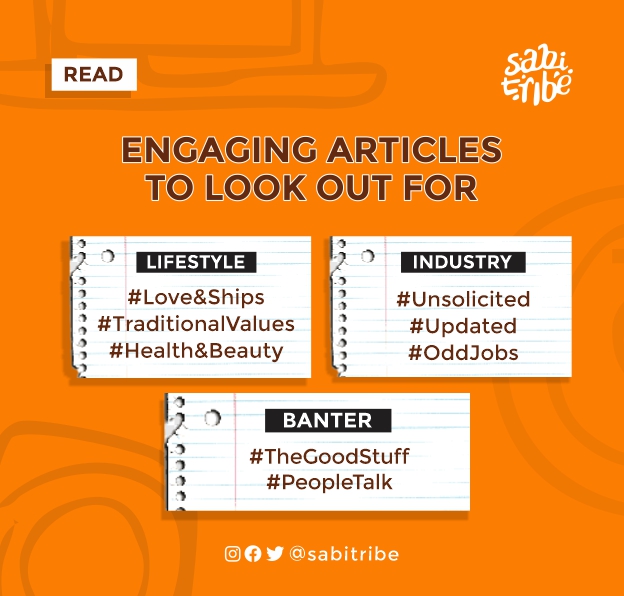Where my Nigerians at?
With over 250 ethnic groupings, Nigeria is a country rich in cultural diversity and variety. While many of these traditional practices share similarities with other traditions in other parts of the world, here are three rituals that are more of a Nigerian thing.
Which do you think is the most ‘Nigerian’ one?
1. Sunday Rice
Rice is a staple food in Nigeria but Sunday rice is a Nigerian tradition. For some, the prospect of the customary Sunday meal following church service is enough. While for others simply sharing the meal with family or neighbors is enough.
Sunday rice is typically white rice with chicken, beef, or fish stew (prepared with tomatoes and pepper). On exceptional occasions, however, jollof, fried, concocted, or any other type of cooked rice may be served.

2. Spraying Money
What is a Nigerian wedding without this fascinating tradition? People, regardless of their financial level, come forward while dancing at grandly organized weddings, funerals, child naming or dedications and birthday parties to shower money on the celebrants. Of course, only crisp notes are encouraged.
The act (or art) of spraying money has several purposes, including demonstrating how much the celebrants are valued, and displaying a fundamental symbol of flamboyance and luxury.
Money spraying is such a significant part of Nigerian rituals so much so that an Ijaw bride will not smile until she has been showered with money.

3. Greetings To Elders
In Nigeria, social etiquette is more than just politeness; it is the evidence of good upbringing. There are several factors that go into addressing the elderly, including ethnicity and gender.
Typically when greeting an elderly person, a female is supposed to kneel on the floor or curtsy, whilst males are to prostrate, squat, or bow entirely on the ground.
After-meal greetings are another traditional type of greeting in Nigeria. The more seniors present, the more ‘thank you’ s are expected to be heard.

#TraditionalValues is a segment documenting the beauty of indigenous culture. This edition talks about the Traditions Only Nigerians Can Understand




